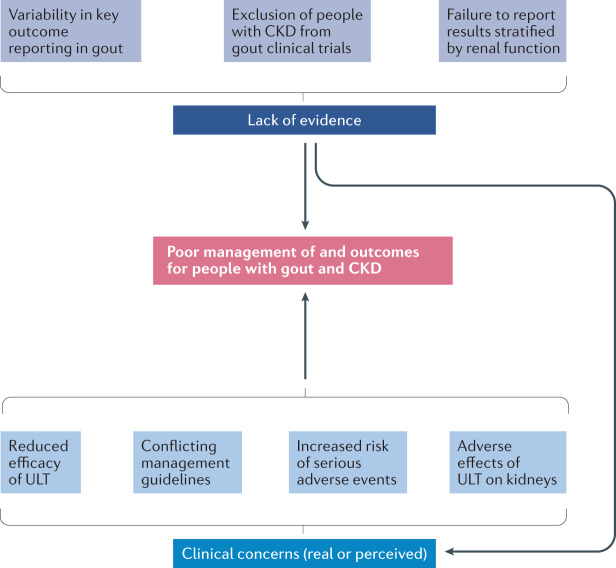Fig. 2. Reasons for poor outcomes in people with CKD and gout.
This schematic provides a conceptual framework to explain poor management and outcomes in people with gout and chronic kidney disease (CKD). No good-quality evidence is available to guide treatment decisions because clinical trials have traditionally excluded participants with advanced CKD or, when these participants are enrolled, the trials have failed to report outcomes stratified by renal function. In addition, comparing and contrasting studies is difficult because of variability in reporting of outcomes for both urate-lowering therapy (ULT) and gout flare studies (this problem is not unique to gout in the context of CKD). In addition, many health-care team members involved in the management of people with gout and CKD have valid concerns about confusing guidance (conflicting recommendations among treatment guidelines from prominent societies), and harbour misconceptions (including that ULTs will have an adverse effect on renal function (and the ULT dose should therefore be adjusted), the risk of adverse effects (mainly allopurinol hypersensitivity) and that ULT will have reduced efficacy). These factors lead to excessively conservative approaches to the treatment of gout in people with CKD, which often does not achieve optimal treatment outcomes.

